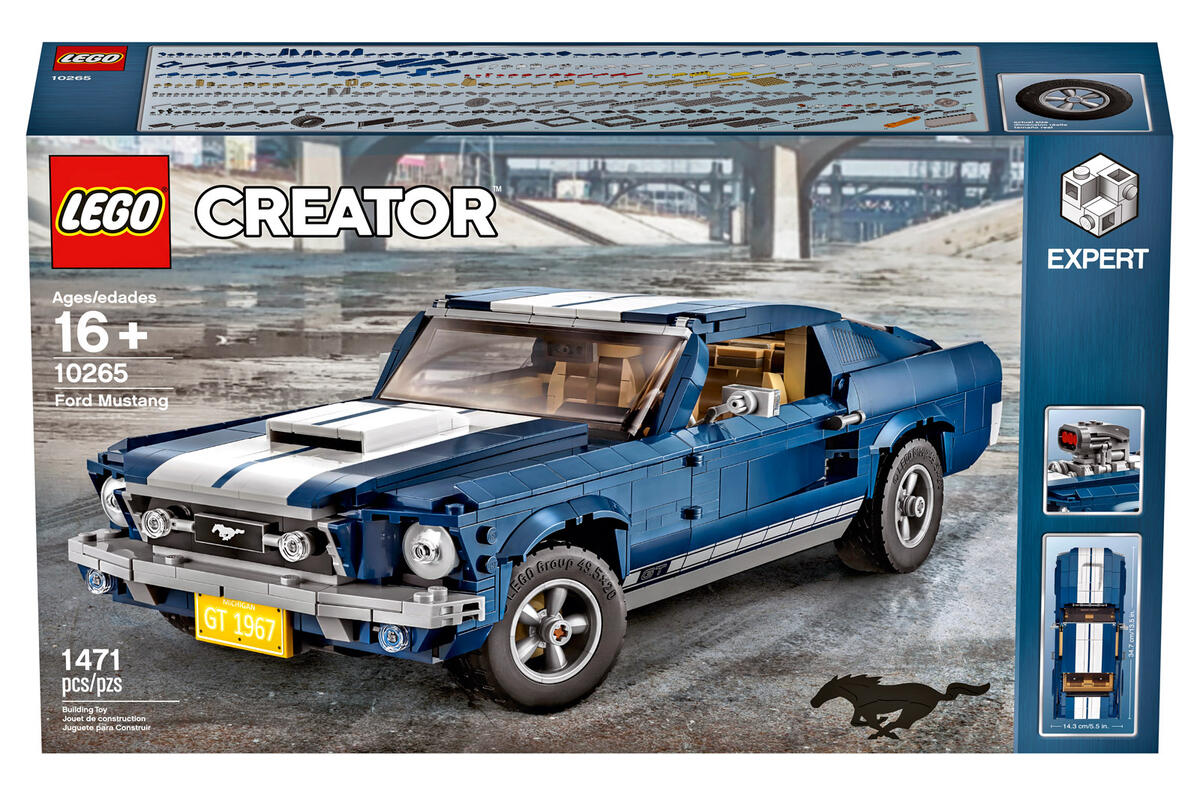A surely apocryphal tale doing the rounds says Ford has made more money from its licence with Lego to sell branded products than it has from selling Ford Fiestas in Europe in recent years.
When I asked about the veracity of that, the response wasn’t emphatic. Instead, I was told to look beyond the sticker profits and factor in extended warranties, ongoing servicing, accessories, paid-for online services and more.




Add your comment